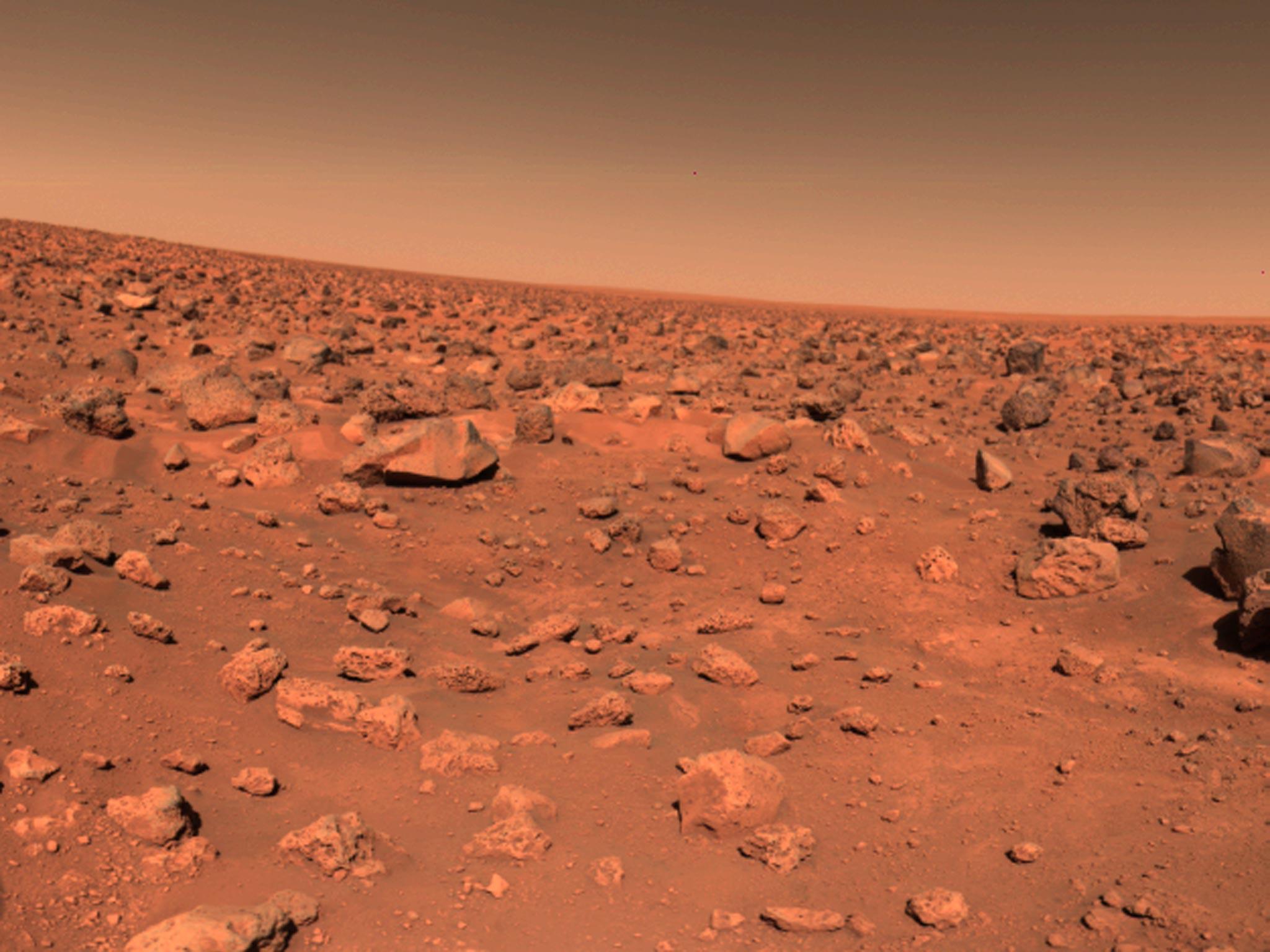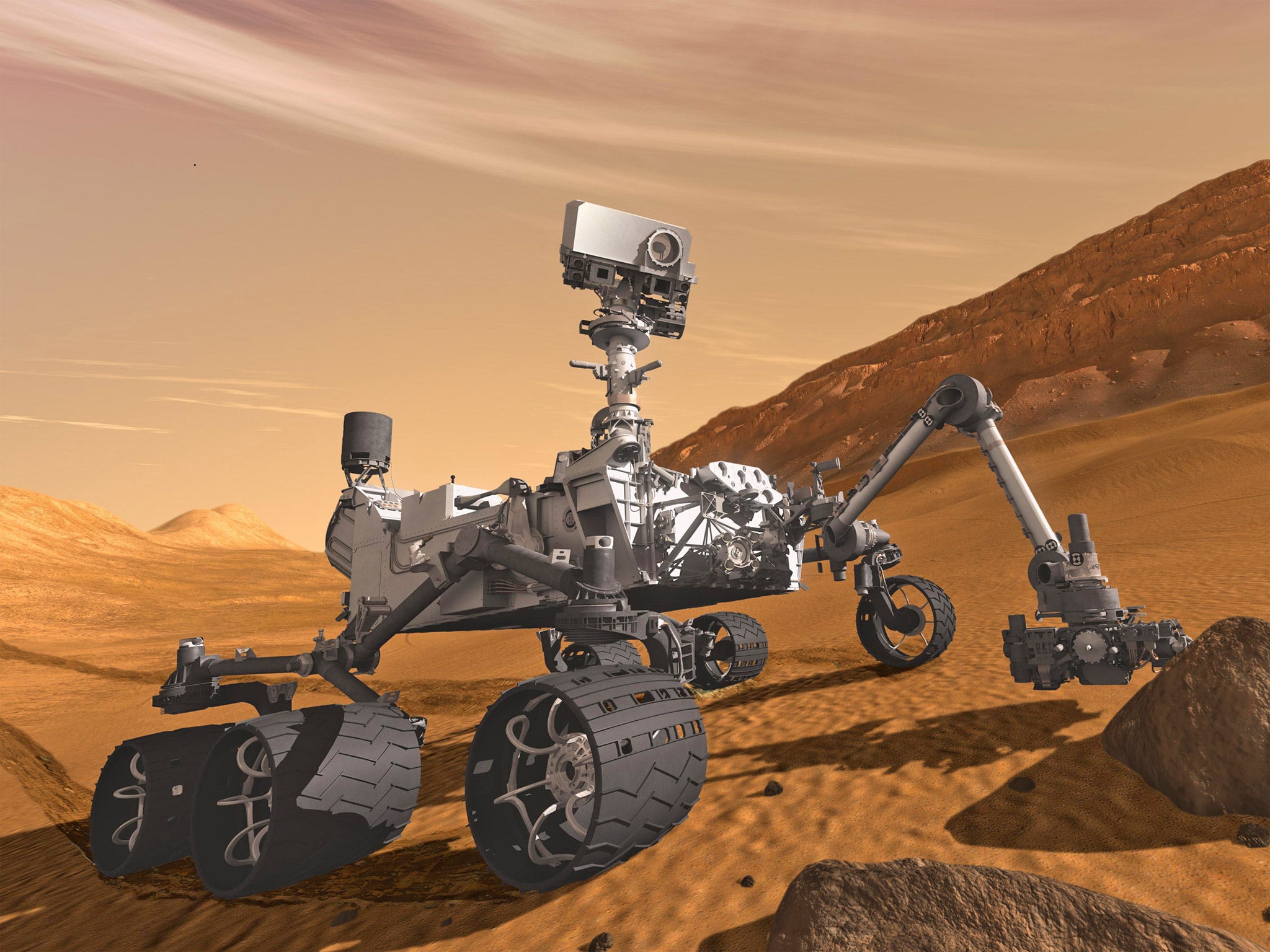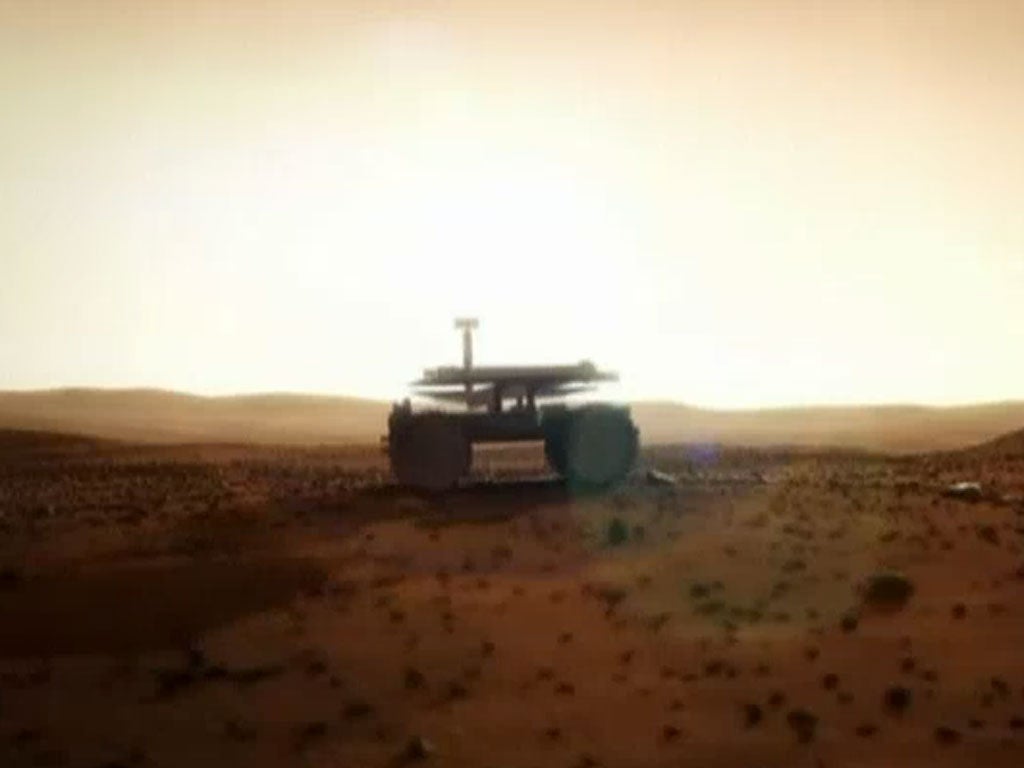A one-way ticket too tempting to ignore: 165,000 apply for mission to colonise Mars - despite no chance of them ever returning to Earth
Applications are for a private mission to send four men and women to the Red Planet
Your support helps us to tell the story
From reproductive rights to climate change to Big Tech, The Independent is on the ground when the story is developing. Whether it's investigating the financials of Elon Musk's pro-Trump PAC or producing our latest documentary, 'The A Word', which shines a light on the American women fighting for reproductive rights, we know how important it is to parse out the facts from the messaging.
At such a critical moment in US history, we need reporters on the ground. Your donation allows us to keep sending journalists to speak to both sides of the story.
The Independent is trusted by Americans across the entire political spectrum. And unlike many other quality news outlets, we choose not to lock Americans out of our reporting and analysis with paywalls. We believe quality journalism should be available to everyone, paid for by those who can afford it.
Your support makes all the difference.A one-way ticket to another planet where there is no air, no water or food – and certainly no return home – may not sound like a lot of fun, but to 165,000 people the opportunity to live permanently on Mars has been too tempting to ignore.
This is how many people so far have offered to join an ambitious private mission to send a group of four men and women to Mars in 2023 as the first intrepid pioneers for a permanent space colony on the Red Planet.
The organisers of the Mars One mission said they have been surprised by how many people have offered to become the first astronauts to land and live on Mars, even though the privately-financed plan does not involve a return journey because of the technical difficulty and cost of equipping and fuelling the trip home.
Each applicant has had to pay on average about $25 (£17), depending on their country, to cover the administrative fees of the selection process, but even this small financial penalty has failed to dissuade the tens of thousands who dream of going to Mars – even though it also involves the possible nightmare of never coming back.
The final tally could rise even higher before the deadline for applications is reached at the end of the month, but already the quality of the applicants is very high, according to Bas Lansdorp, the Dutch entrepreneur who dreamed up the scheme last year after seeing the viewing figures and income stream of the London Olympics.

“We’re not looking for individuals, we are looking for perfect teams. We want individuals who fit into certain teams of people going to Mars. They must be healthy, smart enough to learn new skills and with a character and mind-set that can function in a small group,” Mr Lansdorp said.
A selection committee will begin to sort the applicants in the coming weeks and short lists will be drawn up in the coming year. The plan is to build teams of four people, each from a different continent, who will live and train together for seven years before the first manned launch in 2022, arriving the following year.
The estimated £4bn cost of the mission will be met by television rights and other kinds of media sponsorship and spin-offs, but even though Big Brother creator Paul Römer sits on the Mars One board, the plan is to create a media event that is more like an Olympics spectacular than a TV reality show, Mr Lansdorp said.
“I really don’t think that anything other than that is shootable for a mission to Mars. It should be exciting, inspiring and beautiful, just like the Olympics,” he said.

Nearly a quarter of the 165,000 applicants live in the United States, and include men such as Carl, a 27-year-old computer programmer who describes himself as “logical, loving and lawful good”. The space nations of China, Brazil, India and Russia come next on the list of the 140 countries where the applicants live.
Britain comes in 6th place with about 7,000 applicants, including Melissa Ede, 52, from Hull who says in her application that she’s “a girl who likes to be different….I love to investigate things I know nothing about”.
Rockets carrying cargo, food and living modules will be sent to Mars a few years in advance of the manned landing and a further crew of four people will arrive two years after the first astronauts have landed, Mr Lansdorp said.
High doses of cosmic radiation and potentially toxic Martian dust are just some of the lethal hazards that the space-farers will face, but Mr Lansdorp insisted that the mission is viable, even though drinking water will have to be collected from the Martian soil by robotic explorers before the astronauts are able to land.
But perhaps the biggest obstacle of all will be the psychological anxiety of knowing there is no return journey no matter what happens. “They will only step into the rocket if they really want to go. The risk is theirs and they can’t change their mind once they are on the way,” Mr Lansdorp said.

Join our commenting forum
Join thought-provoking conversations, follow other Independent readers and see their replies
Comments